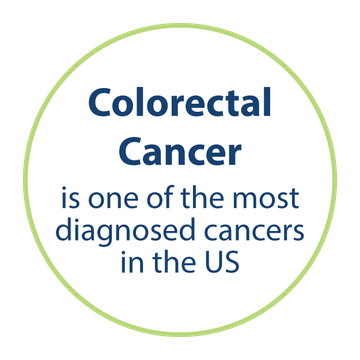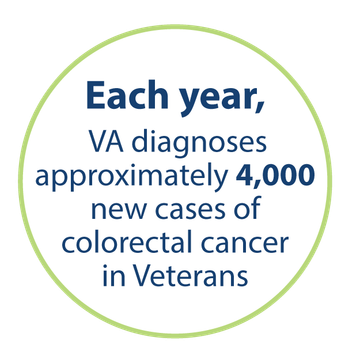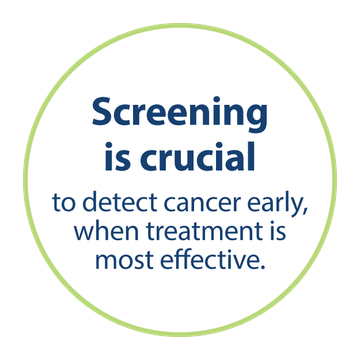


Common Colorectal Cancer Screening Questions, Answered
Colorectal cancer (CRC) is cancer in the colon or rectum. It's a leading cause of cancer deaths in the U.S. But when this cancer is found and removed early, the chances of a full recovery are very good. Because colorectal cancer rarely causes symptoms in its early stages, screening for the disease is important. Learn More.
Many abnormal growths (e.g., polyps or cancers) in the colon bleed. A fecal immunochemical test (FIT) is a screening done at home that checks for blood in stool that you can't see. Screening with FIT can catch cancer and polyps early. Watch this video to learn more about the process.*(Skip past ad for FIT content).
Adults aged 45-75 without any known increased risk of colorectal cancer should be screened with one of the following, based on a conversation with their primary care provider:
- Home-based FIT test every year
- Flexible sigmoidoscopy every 5 years, or every 10 years with a FIT every year
- Colonoscopy every 10 years
If a FIT test comes back abnormal, a follow up colonoscopy is necessary. During a colonoscopy, polyps can be removed before they become cancer. Your VA provider will help you determine the right next step for your situation.
Talk to Your VA Provider about FIT Testing and Colorectal Cancer Screening
To find out if a FIT test is right for you, visit My HealtheVet to speak with your VA health care provider. You can also explore VA's Decision Aid Tool about FIT tests and colorectal cancer screening.



